Brain Injury
Popular Courses
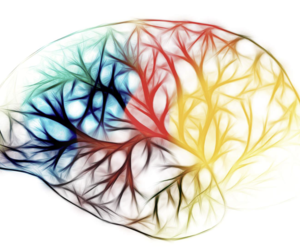
Brain Injury Essentials for Healthcare Professionals
Individuals who have suffered a brain injury face many challenges following their injury, including physical, cognitive, and emotional consequences that can range from inconvenient to debilitating. Whether the brain injury is mild, moderate, or severe, patients rely on medical professionals to guide the recovery process and help them thrive in the aftermath of an injury.
This training gives primary care providers the knowledge and skills needed to better understand and support individuals who have experienced brain injury. It covers the different types of brain injuries, their causes, and the physical, cognitive, and emotional impacts they can have. By the end of the program, providers will be equipped to effectively collaborate with their patients to improve their quality of life.
View Details
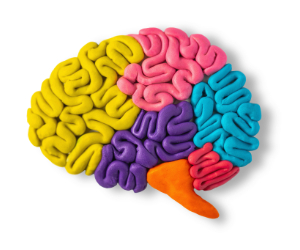
Brain Injury Essentials I: Brain Injury Basics
View Details

Brain Injury Essentials II: Adapting Treatment Strategies for BI
View Details

Brain Injury Essentials III: Screening and Identification
View Details
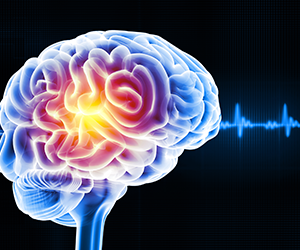
Brain Injury Essentials Series
View Details

Brain Injury in Children and Youth
Many youth with brain injuries may experience difficulties with emotional regulation due to changes in brain function. As a behavioral health professional, you should be prepared to provide immediate and long-term care that includes strategies and support to help youth manage emotions to effectively cope with frustration, anger, anxiety, and depression, among other things.
This course is designed to provide you with knowledge and skills to better understand and support children and youth who have experienced brain injuries. It covers a wide range of topics, including types and classifications of brain injuries, special considerations for working with children and youth, an in-depth look at the school system and academic supports, and specific case studies to illuminate how to work with youth with mild, moderate, and severe brain injuries. Through this course, you will gain a deeper understanding of the impact of brain injuries on a child or youth’s life, including physical, cognitive, and emotional consequences, and come away with tools to help support the individual’s specific needs.View Details
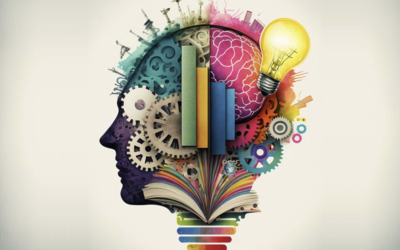
Brain Injury Screening, Identification, and Treatment Considerations
Screening protocols are essential for helping individuals with brain injuries access the care they need. Brain injuries can significantly impact a person's health, function, and well-being, putting them at higher risk for various physical and mental health challenges. This course focuses on the tools and strategies necessary to assess and evaluate the impact of brain injuries accurately. You'll learn how to gather detailed information about an individual's injury history, conduct comprehensive health history interviews, and recognize when specialist care is needed.
In addition to addressing the direct effects of brain injuries, this course also explores the unique challenges faced by individuals as they adjust to life post-injury. These challenges often include communication difficulties, mood disturbances, and cognitive issues, which can complicate access to care — especially for those with co-occurring behavioral health conditions. By understanding these added complexities, you will be better equipped to support both patients and their caregivers, tailoring treatment plans to meet each individual's specific needs.
View Details
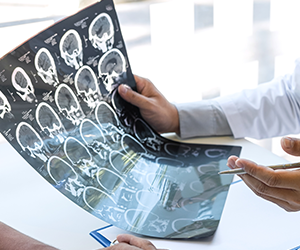
Exploring the Link Between Substance Abuse and Brain Injuries
Traumatic brain injury (TBI) often goes undiagnosed in patients who have a substance use disorder (SUD), but it's actually quite common. At least one in five people with a substance use disorder may also experience the effects of a brain injury.
This is often an invisible disability. This course will give you the knowledge you need to identify, understand, and help your patients prevent and manage their symptoms.
View Details
